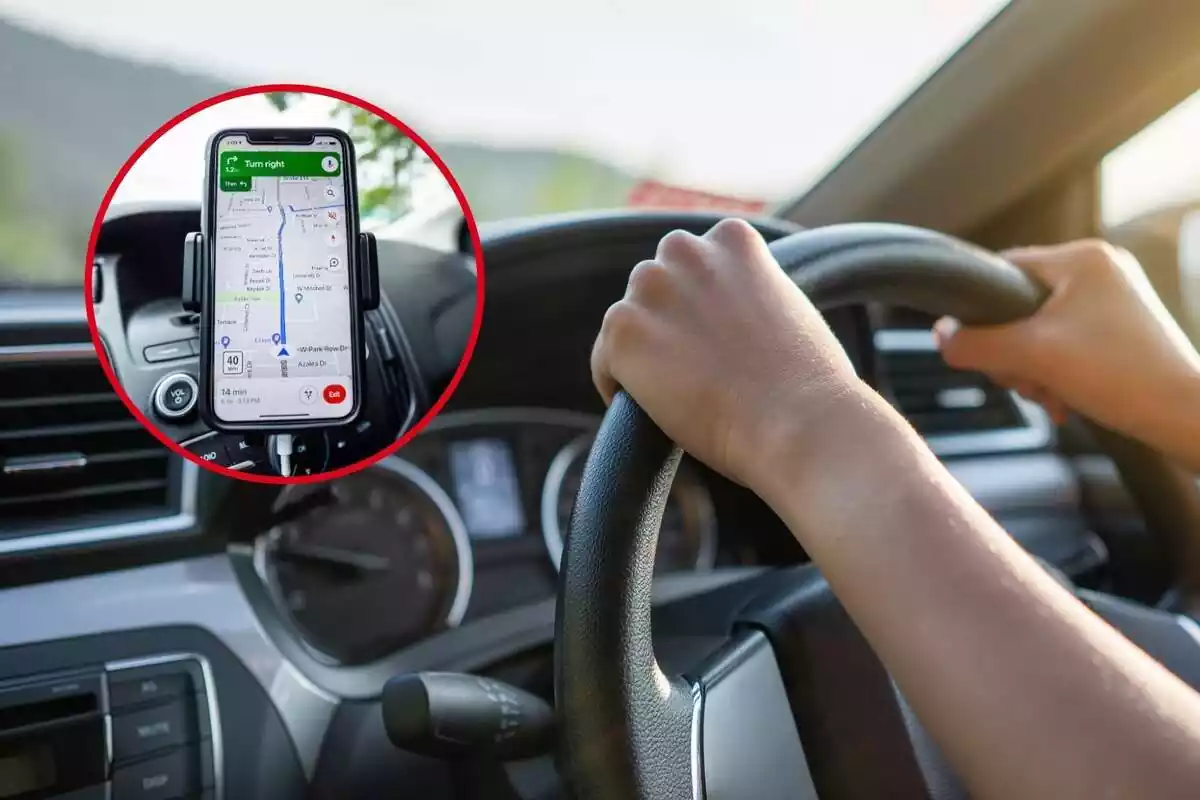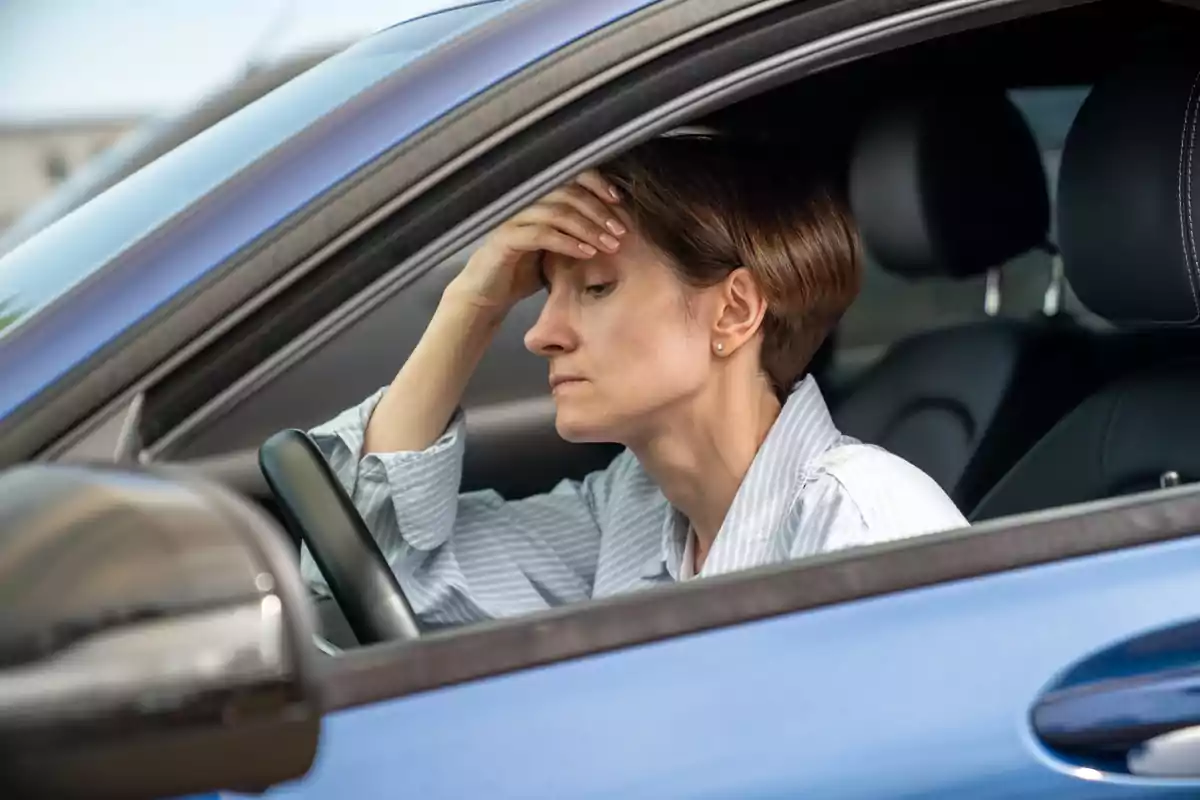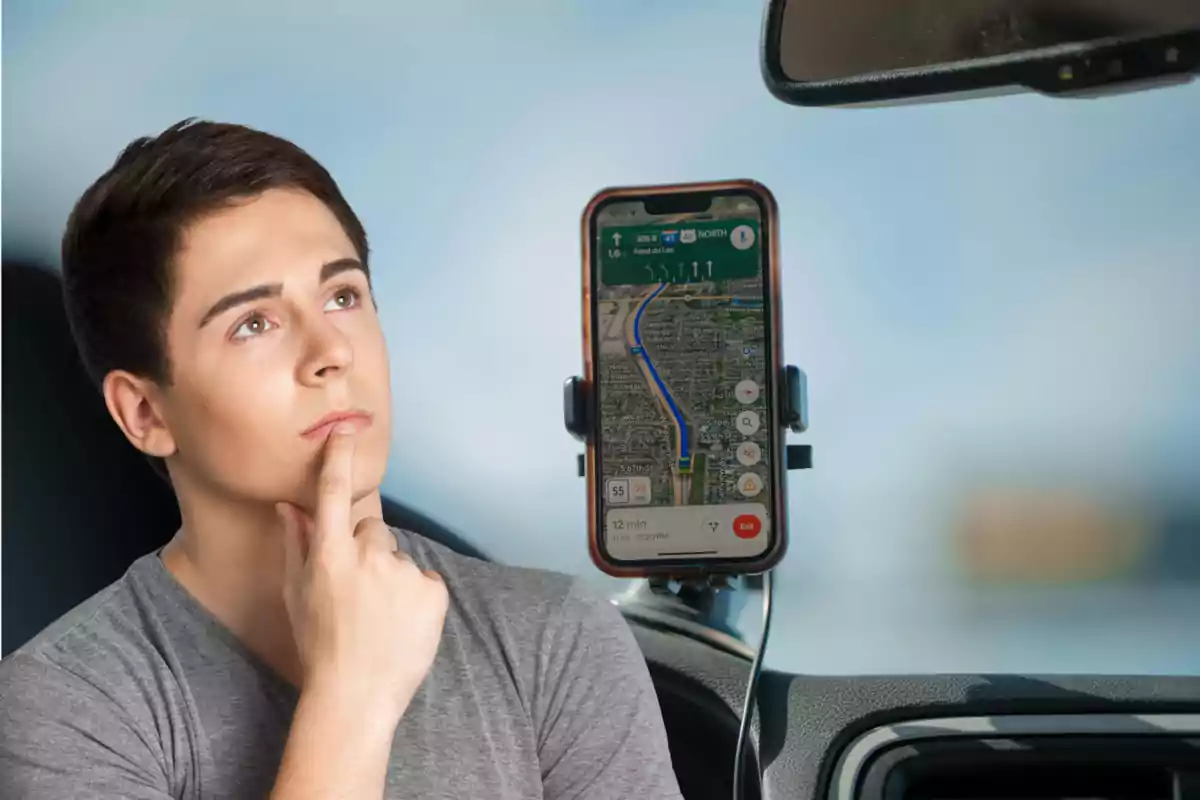Imagine driving and not being able to accelerate beyond the speed limit—this isn't science fiction. In the United States, the BEAM Act will make this a reality. Repeat offenders, those who've had serious accidents or speeding tickets, will have to install a device that controls speed using GPS.
The goal is simple: save lives. This invisible limit ensures that no reckless driver can put others at risk on the road. It's like having a technological guardian in your car, always watching your driving habits.
How GPS works
The secret lies in the GPS we all use every day to find our way. In this case, it detects the road's speed limit and regulates the vehicle.

Even if someone floors the accelerator, the car won't exceed the allowed speed; it's a mechanism that doesn't depend on the driver's will. An expert explained that if you try to go faster than allowed, you simply won't be able to. It's like having a driving instructor sitting next to you, making sure you follow the rules.
Saving lives
Washington has seen too many tragedies caused by speeding. A heartbreaking example occurred in March 2024 in King County. A speeding driver caused an accident in which four people died, including three children.
Cases like this led to the creation of the BEAM Act. The victims' families believe this technology could've prevented the tragedy. The law doesn't aim to punish for punishment's sake, but to reduce risks on the roads and protect everyone who travels on them.
A safer future
GPS will be key to changing the driving culture in the United States. The BEAM Act ensures that cars know the exact speed limit on every stretch and that no reckless driver can exceed it.

In addition, those who try to tamper with or disable the device will face serious legal consequences. This ensures the law is effective and that no one can endanger others.
The ultimate goal is simple: safer roads, fewer accidents, and peace of mind for families. With technology on our side, the United States seeks a future where excessive speed is no longer an everyday risk. The question that remains is: are drivers ready to accept that their GPS could be their best watchdog?

